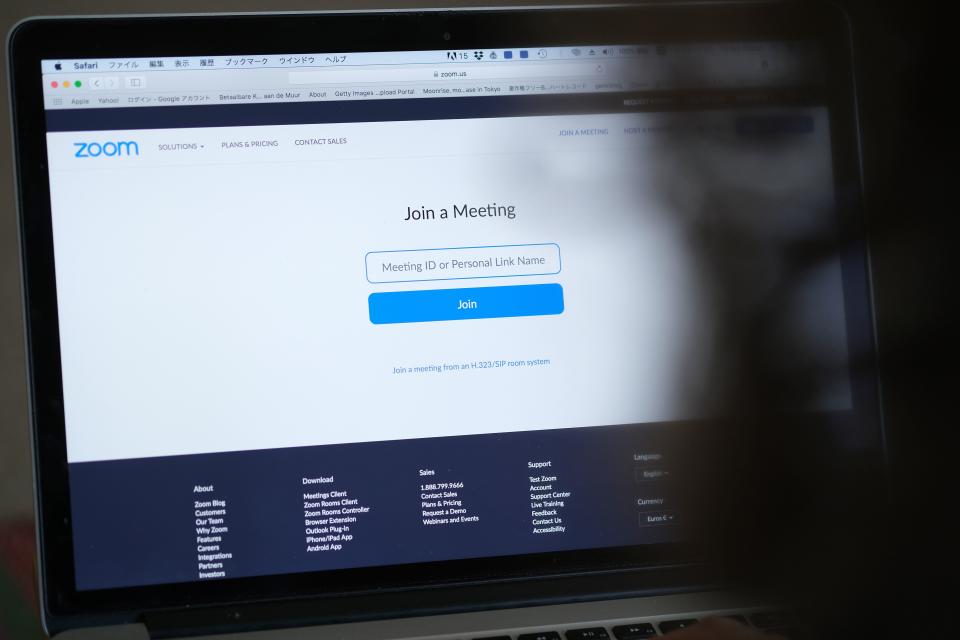'Zoombombers' Target Religious Minorities With Hateful Messages
Soumaya Khalifa logged on to Zoom early in the morning on March 30 to prepare for the first session of what she hoped would be an uplifting daily ritual during the coronavirus pandemic. As founder of the Islamic Speakers Bureau of Atlanta, Khalifa said she thought inviting mindfulness and positivity experts to lead virtual morning talks would strengthen her community in a time of uncertainty.
But right after she signed on, about 20 people flooded the meeting and started to taunt her, she said ― calling out her name, commenting on her “hat” (she wears a hijab) and telling her to “take it off and let us see your hair.”
Then, she said, pornographic images started popping up on the screen.
Khalifa was the only person on the call at the time. Not wanting to expose the day’s speaker to what was happening, she decided to quickly end the meeting.
“It was overwhelming. I was traumatized and physically shaking,” Khalifa told HuffPost. “It was like wolves coming at me from all directions. You get rid of one and 10 more pop up.”

As schools, businesses and other social groups move online during the pandemic, incidents of “Zoombombing” ― the organized trolling of video conferences on platforms like Zoom ― are emerging nationwide.
Some of the raids are organized by teenagers looking to derail and disrupt their school classes, The New York Times reports. But other attackers appear to have more sinister intentions. Using websites popular with the far-right, extremists are reportedly exploiting society’s sudden dependence on video conferencing technology to coordinate malicious attacks on religious and racial minorities.
Last week, the FBI said it had reviewed over 1,200 complaints “related to COVID-19 scams” online, including multiple reports of video conferences being disrupted by “hate images and threatening language.”
Asked for details about the targets and nature of these hate messages, the FBI declined to elaborate to...



